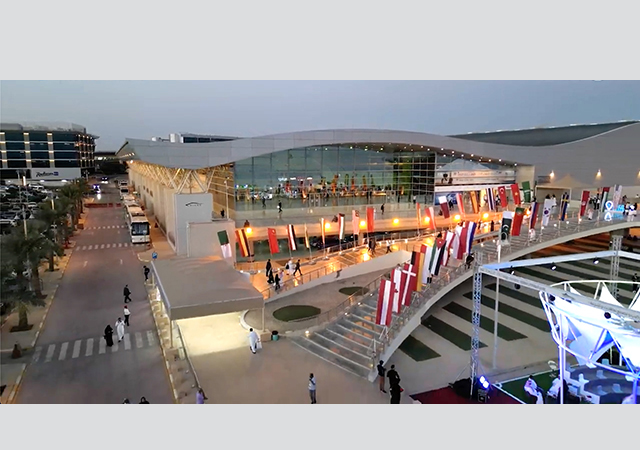
 Setra ... supplied alarm systems worth millions to Future Ceramics factory.
Setra ... supplied alarm systems worth millions to Future Ceramics factory.
SAUDI Electronic Trading Company (Setra) is in charge of providing the low-current systems such as the fire protection and detection systems at Future Ceramics facility in the Eastern Province.
Having completed the first phase of the project, which involved preparation of plans and drawings, the Riyadh-based company is now installing and testing fire protection and alarm systems, worth some SR2 million ($533,000), as part of its project at Future Ceramics.
“Future Ceramic Factory is considered one of the largest projects of its kind in the Eastern Province in particular, and Saudi Arabia in general. Setra will implement all works related to low current systems such as fire protection and detection systems,” says Feras Wehbe, marketing coordinator.
Setra has implemented major projects in the country, some of which include equipping the computer rooms for the ministries of communications and information technology, and agriculture and water, as well as for Almarai Company. It also supplied an uninterruptible power supply (UPS) system to the main branch of Saudi Telecom, as well as fire protection and detection systems, and air-conditioning systems at the Diplomatic Area in Riyadh.
“Currently, the company is working on several major projects at Arabsat, Princess Noora University in Riyadh, King Abdullah University of Science and Technology in Jeddah, as well as prestigious clients including Saudi Basic Industries Corporation (Sabic), ministries, governmental departments, banks and universities,” says Wehbe.
Established in 1996, Setra prides itself on being a complete solution provider in the design, supply, installation and maintenance of: low current systems, fire and security systems, networking and structured cabling, badge systems solutions and AC and DC power systems.
The company deals in general contracting, electrical works, wholesale trading in computers, air-conditioners, control systems, fibre optics and cables, as well as spare parts. It also equips data centre rooms and installs fire protection and detection systems.
Regarding the regional construction sector, Wehbe is optimistic and sees good growth prospects for contracting and construction companies. “Accordingly, Setra is currently developing its programmes and services. It is also providing training to its employees, engineers and technicians to gear them up for activities in the coming period as well as looking for suitable suppliers in Saudi and the entire Gulf region,” he says.
Despite the economic downturn, Wehbe says that Setra’s performance this year is on par with last year’s and the company is positioning itself for the next phase. It is now studying its long-term prospects in the market, in terms of meeting the country’s requirements.
“One of our major focus areas next year will be reinforcing our presence in sectors that we have had limited activities, such as airports. This will need more engineers and technicians,” he points out.
This move follows the successful completion last year of an expansion programme for its electrical boards factory. The firm also significantly increased its staff strength last year which now comprises 700 employees.
Setra’s main branch is located in Riyadh, with four other branches throughout the country – Jeddah, Madinah, Al Khobar and Jubail. It also has four showrooms – two in Riyadh, one in Jeddah and one in Khobar, as well as two factories in Riyadh, one for electric boards and the other for cable trays.
Setra is part of Isa Holding Group located in Beirut, and has 27 companies in Lebanon, Jordan, Kuwait, the UAE, Qatar and Algeria.


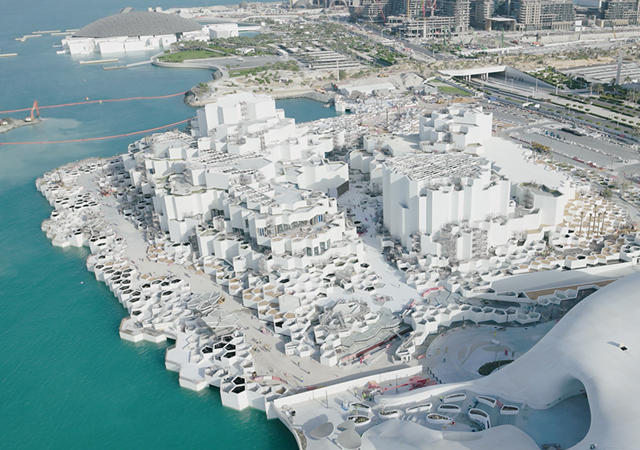
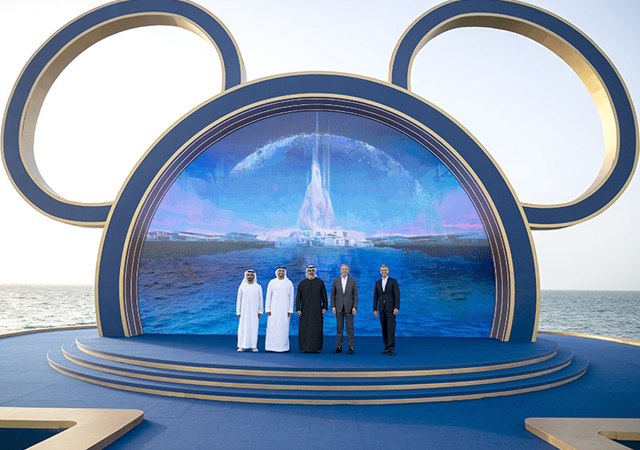
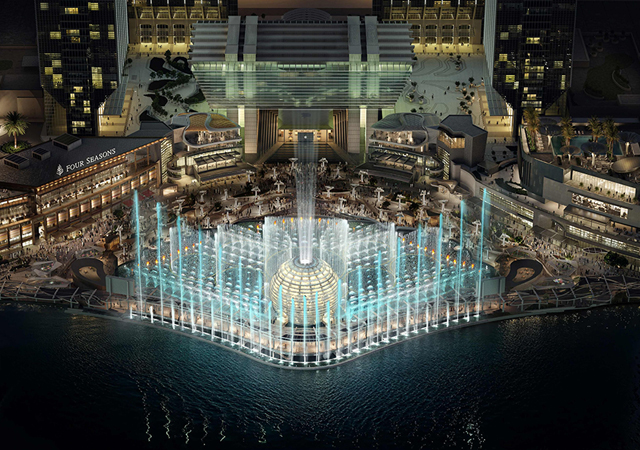
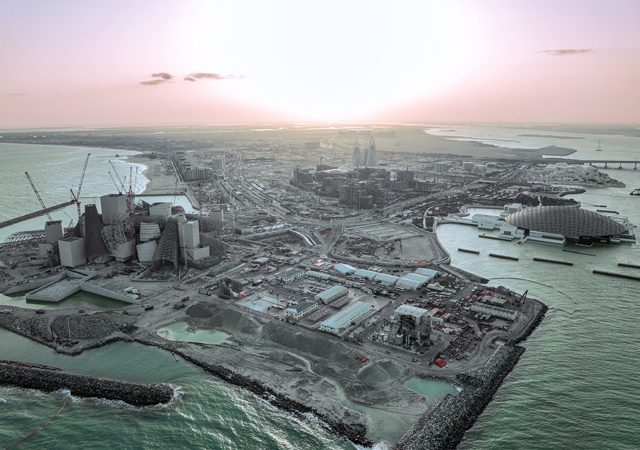
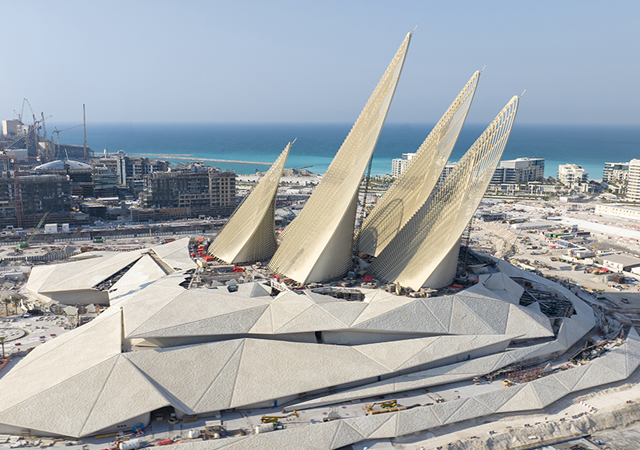
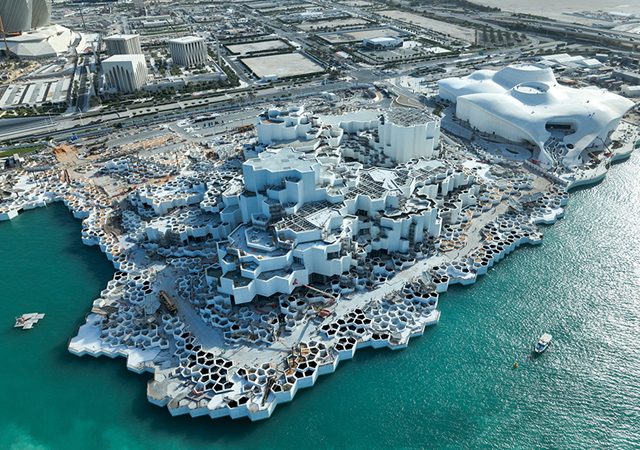
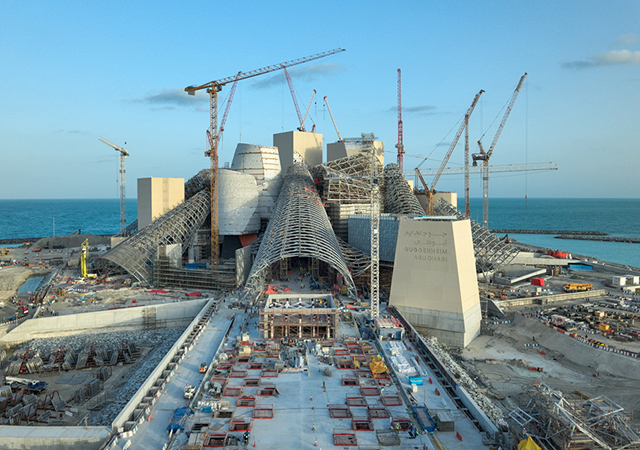
.jpg)
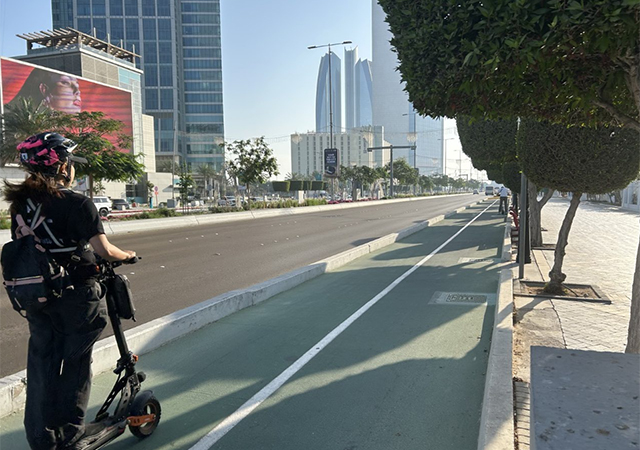
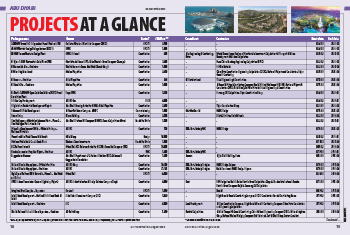

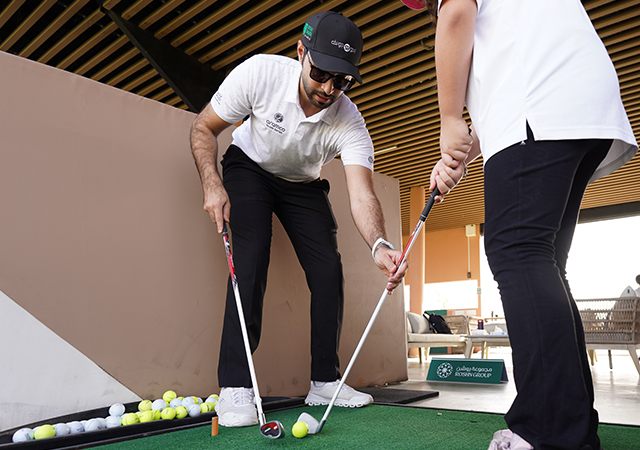
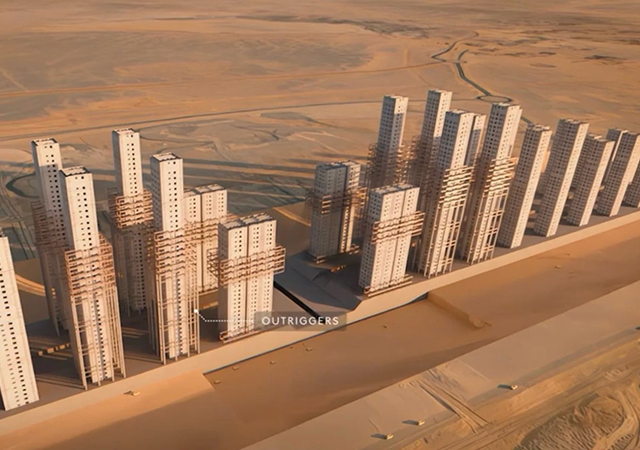
.jpg)
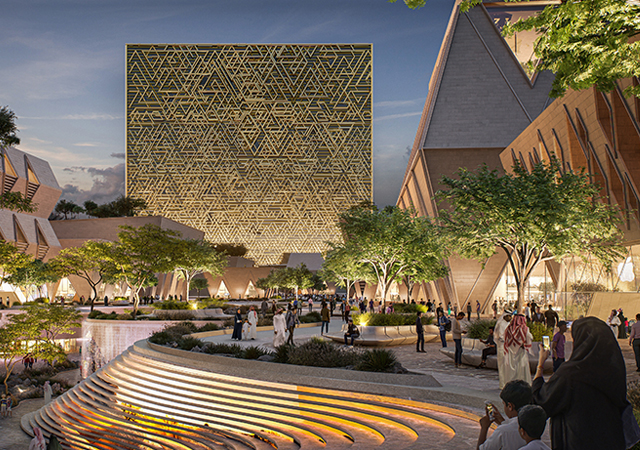
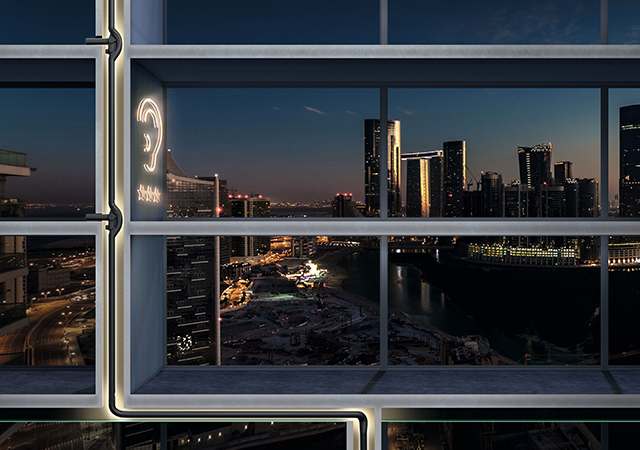
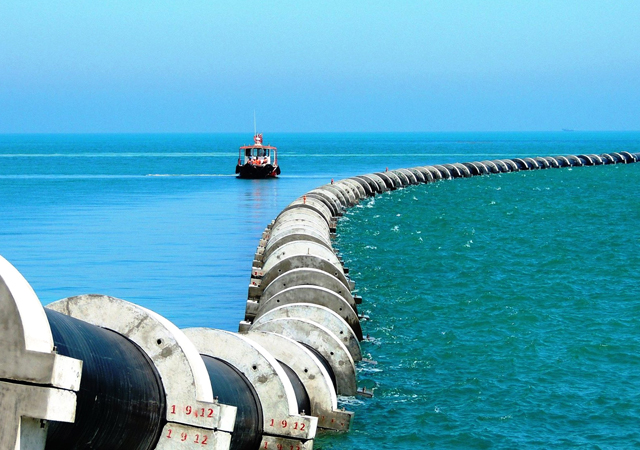
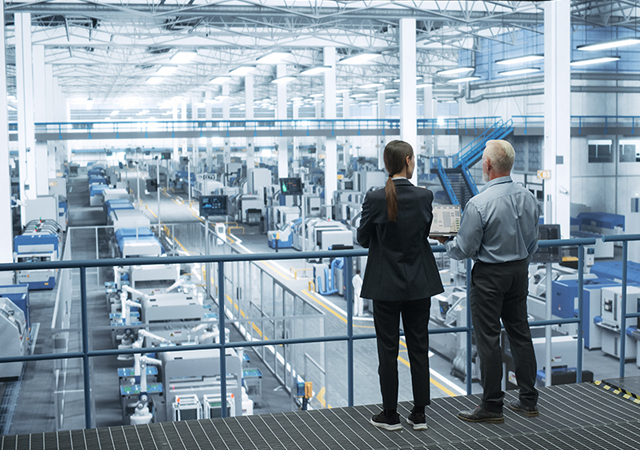
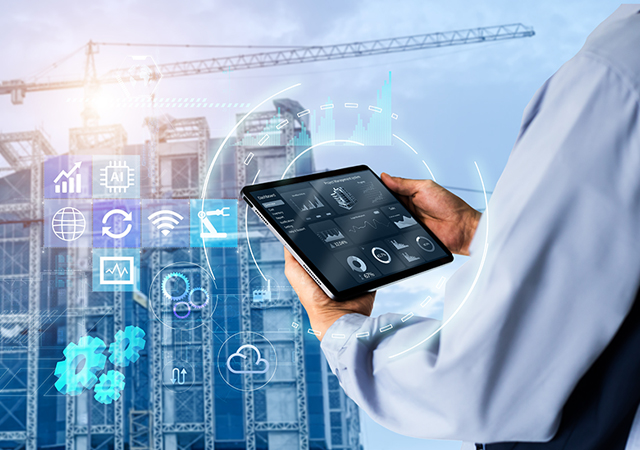
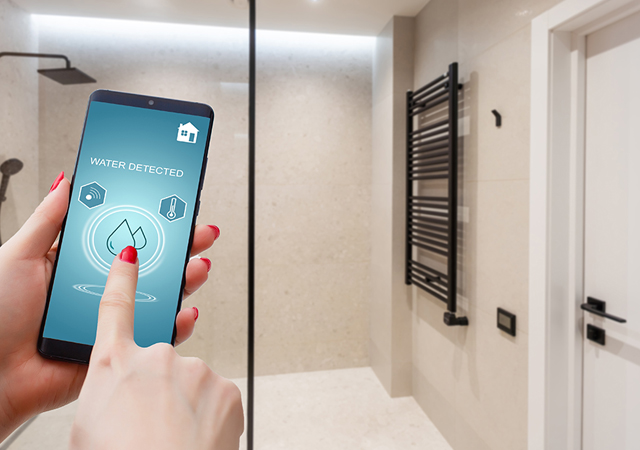
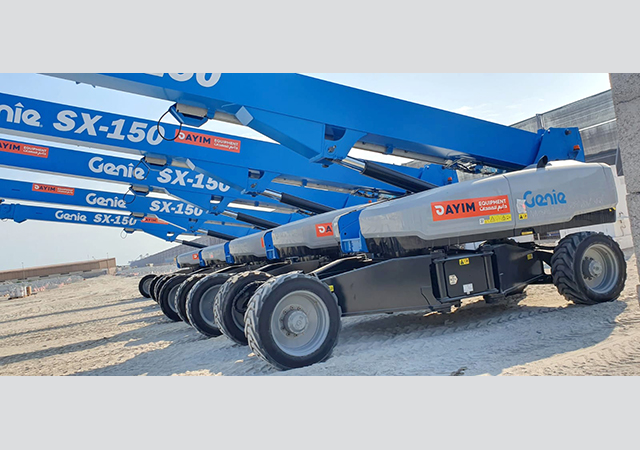
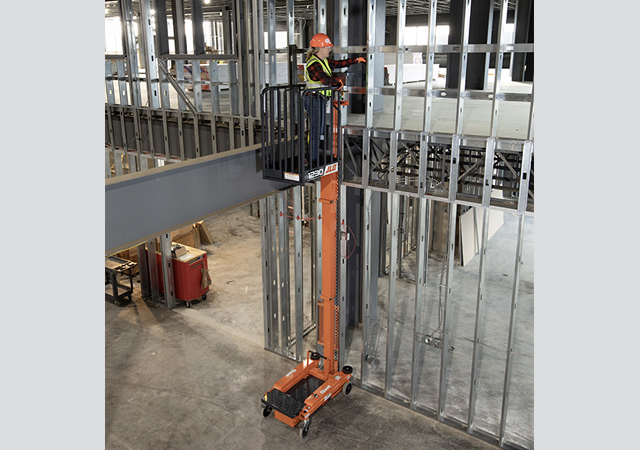
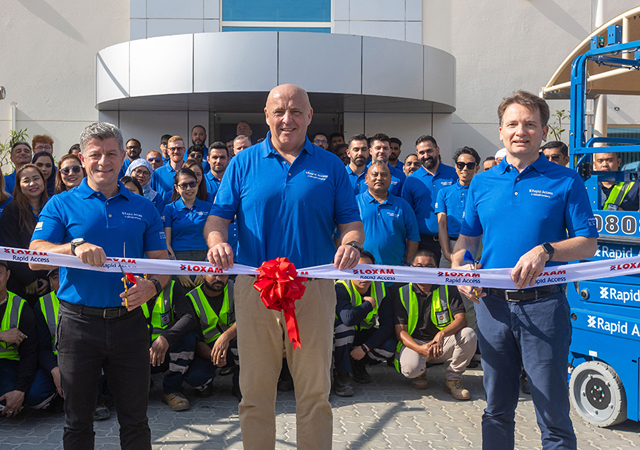
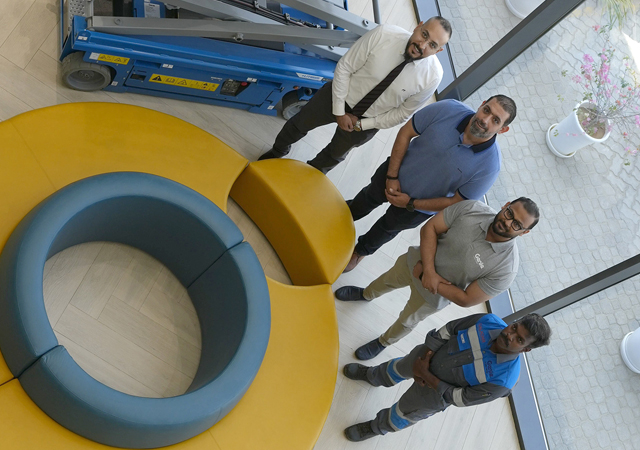
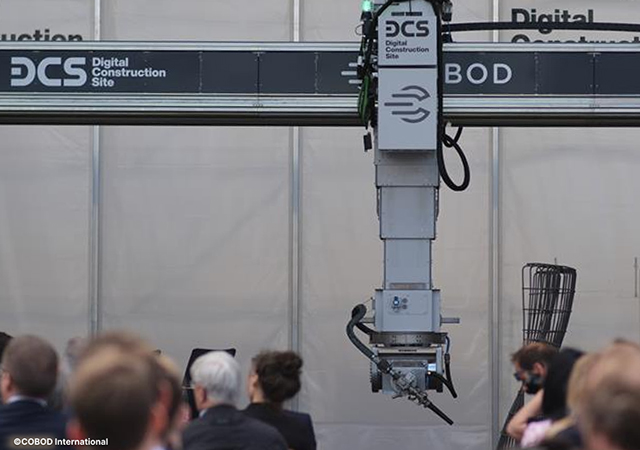
Doka (2).jpg)
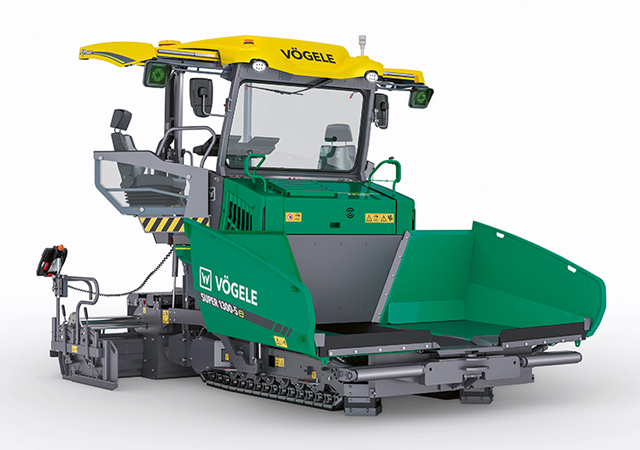
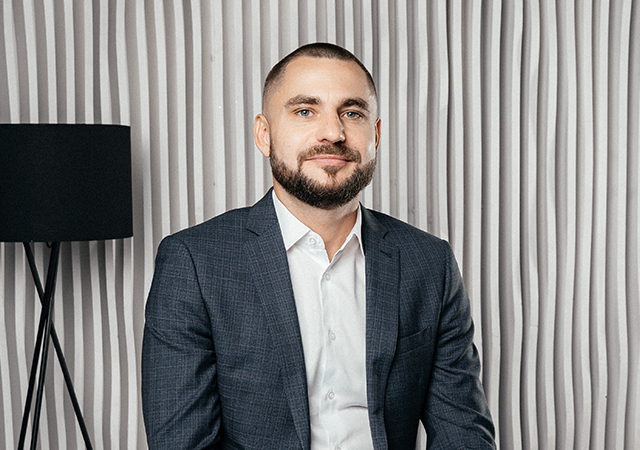

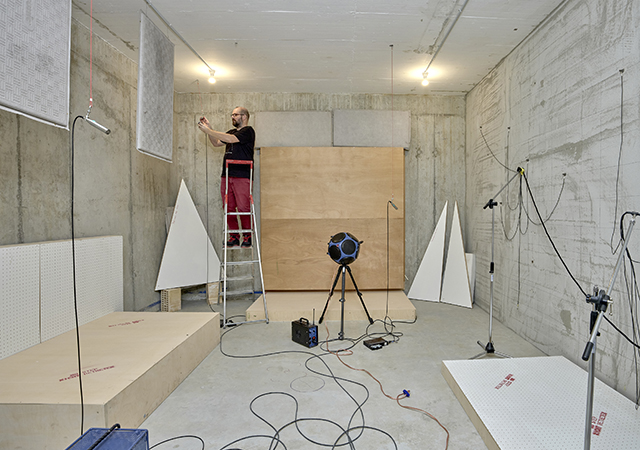
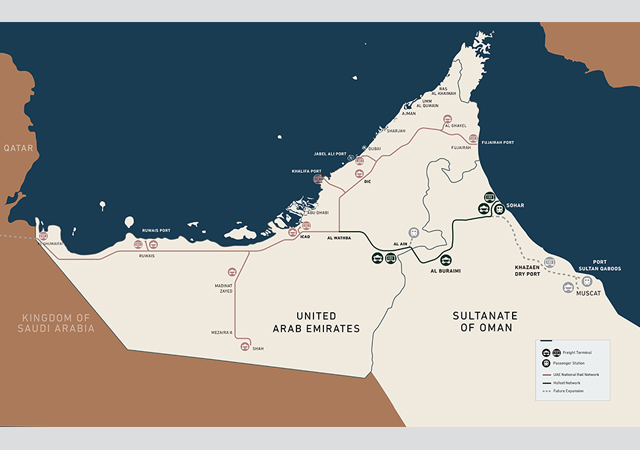
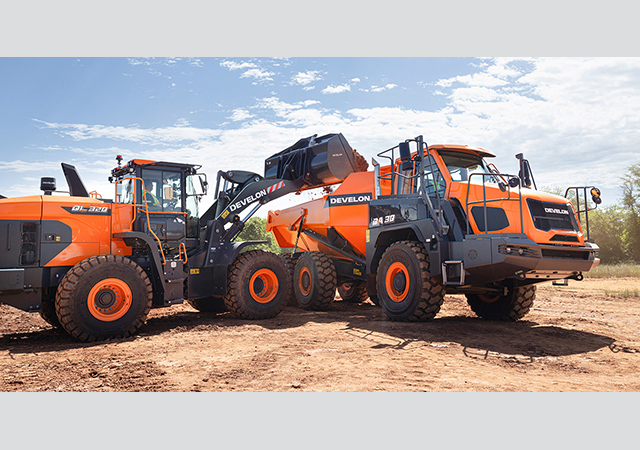
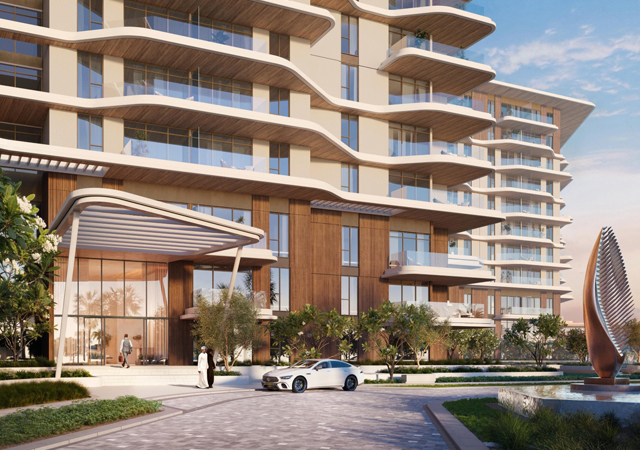

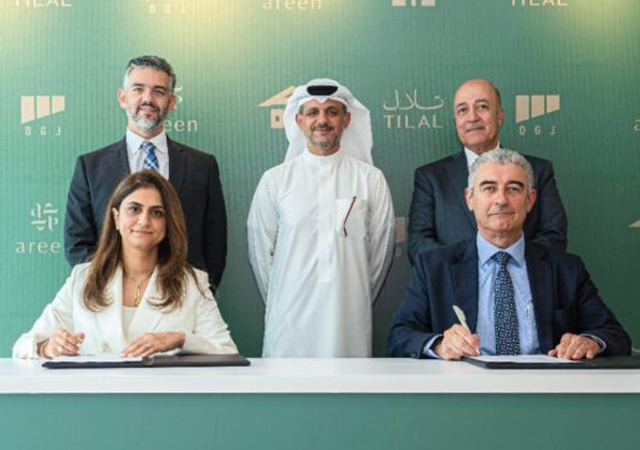
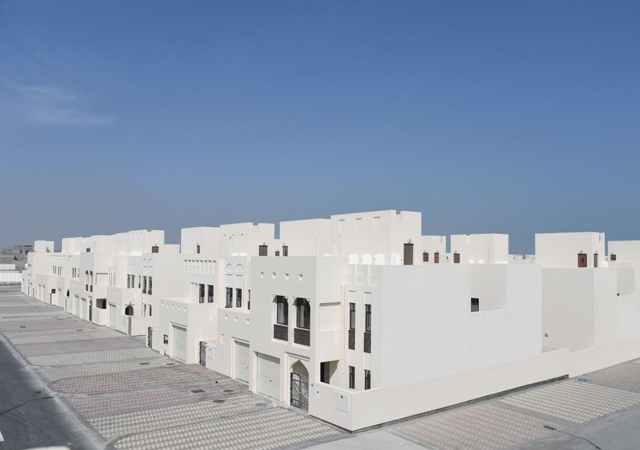
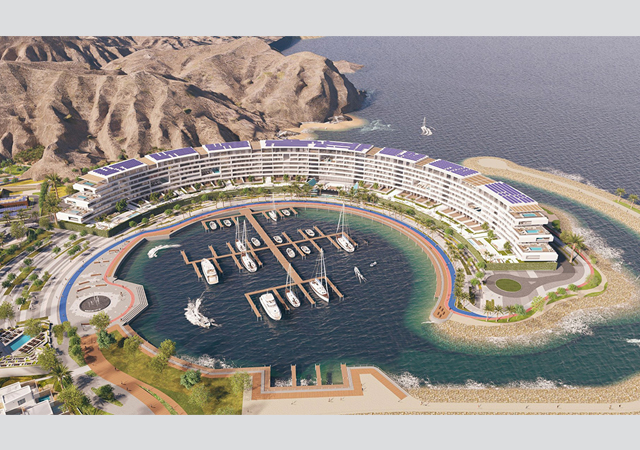
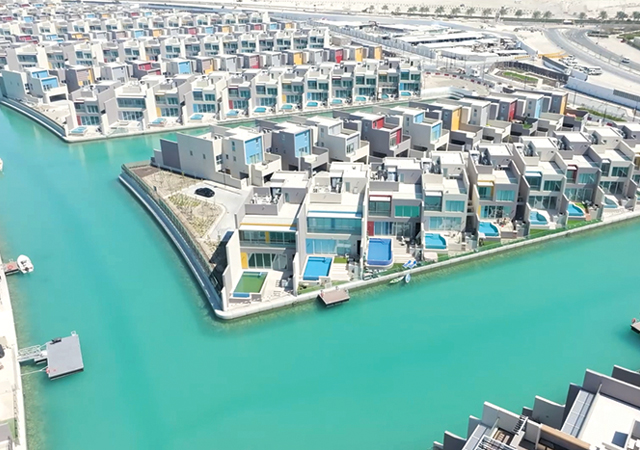
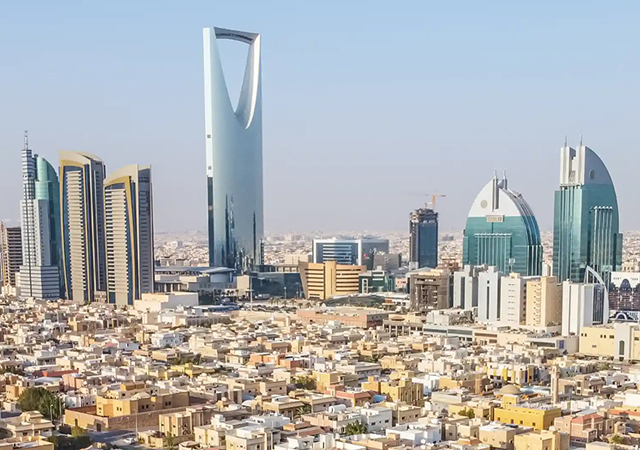
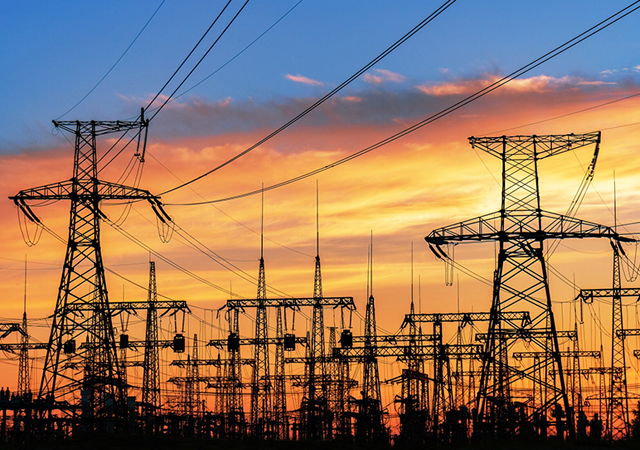
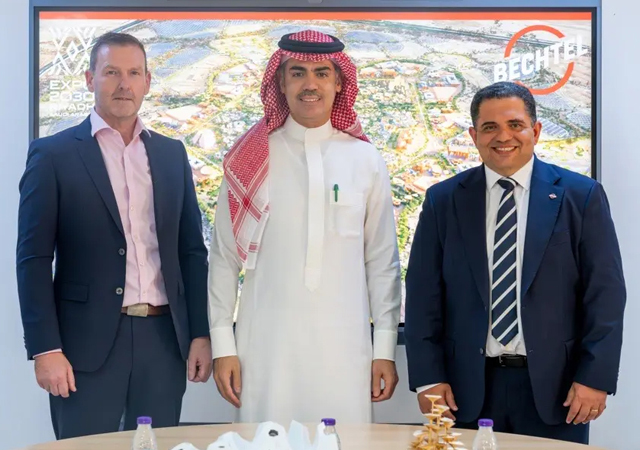
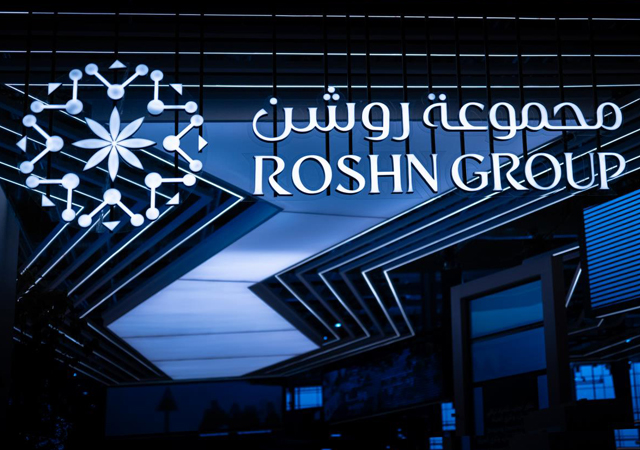
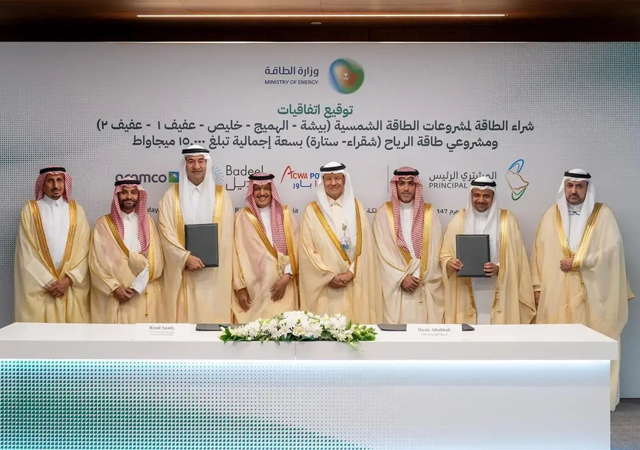
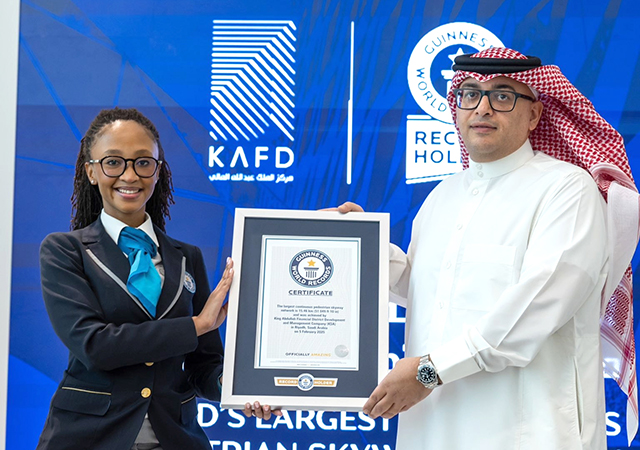
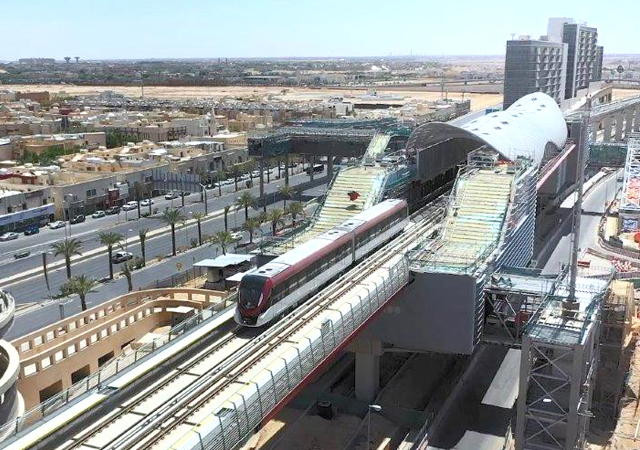
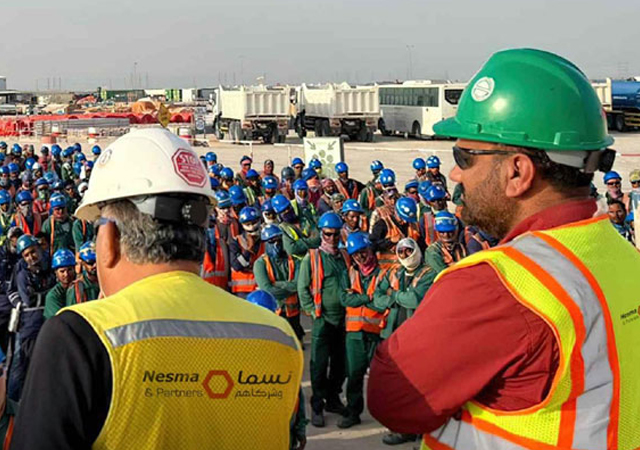
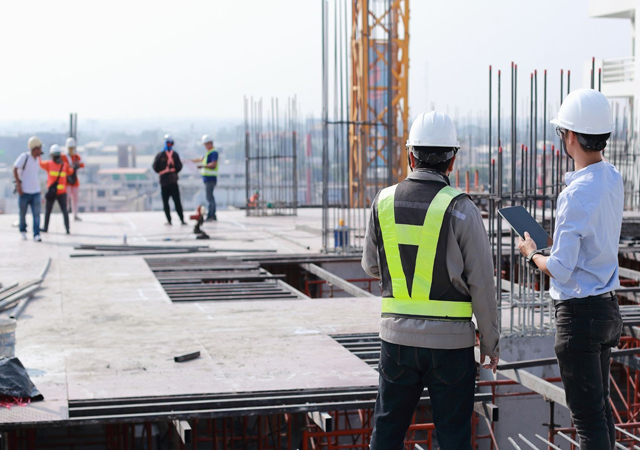
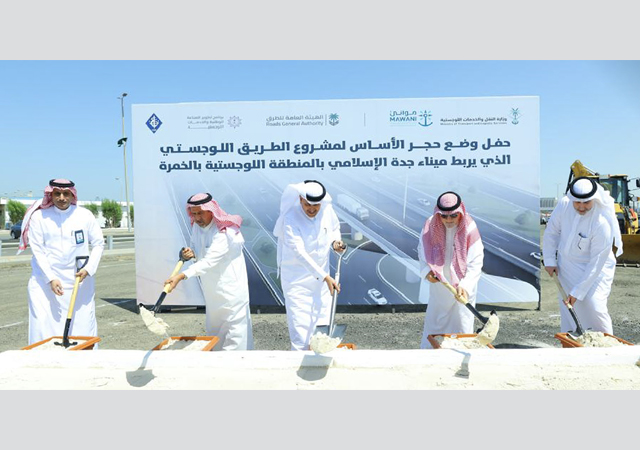
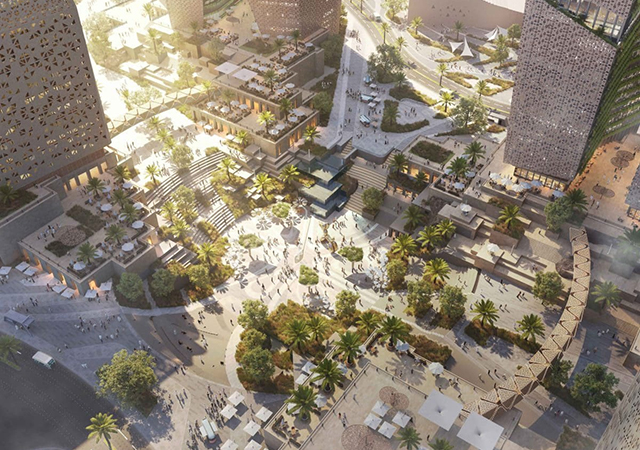
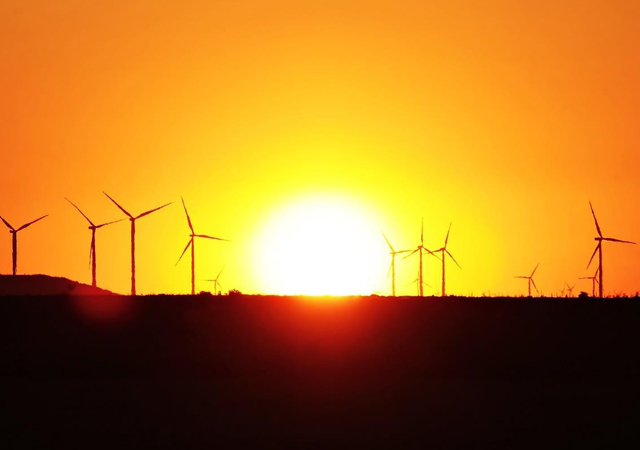
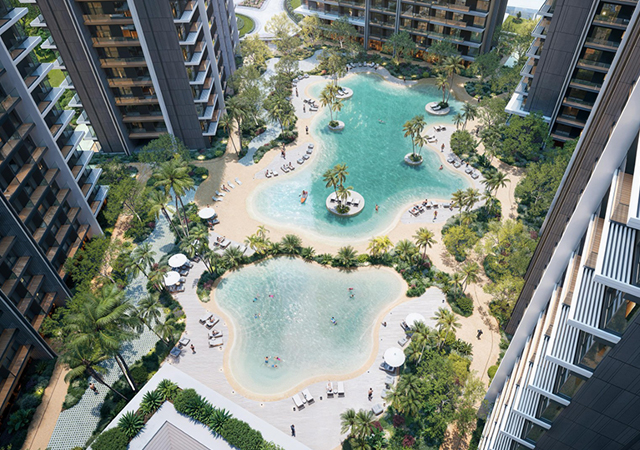
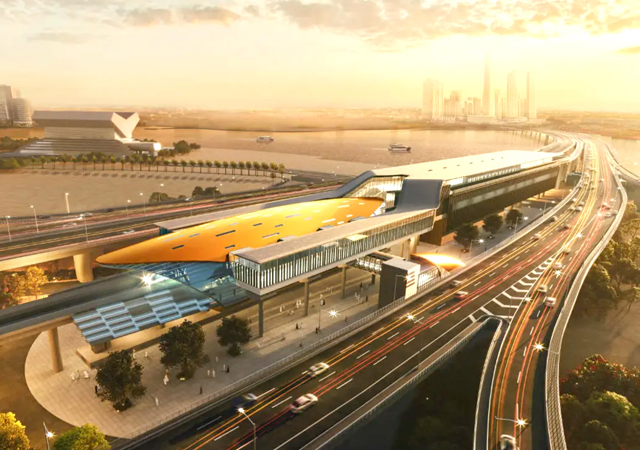
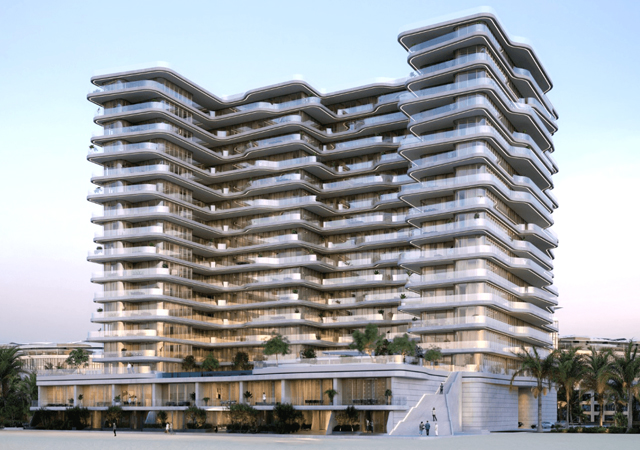
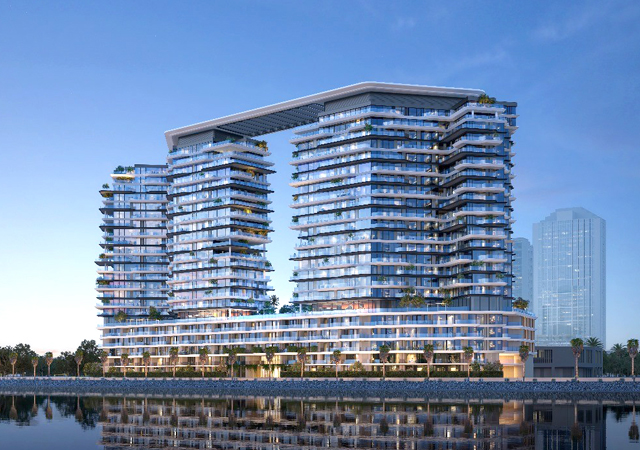
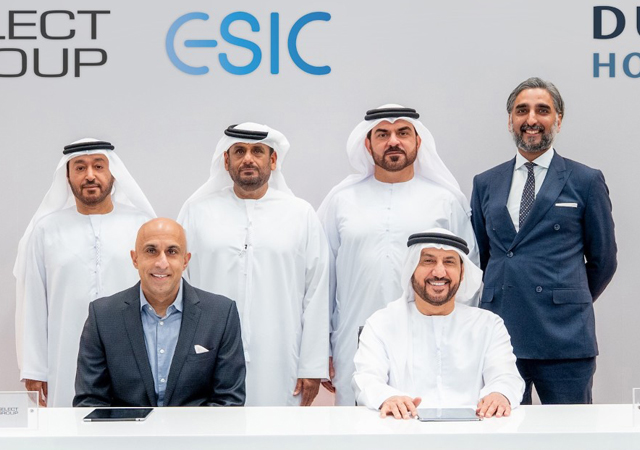
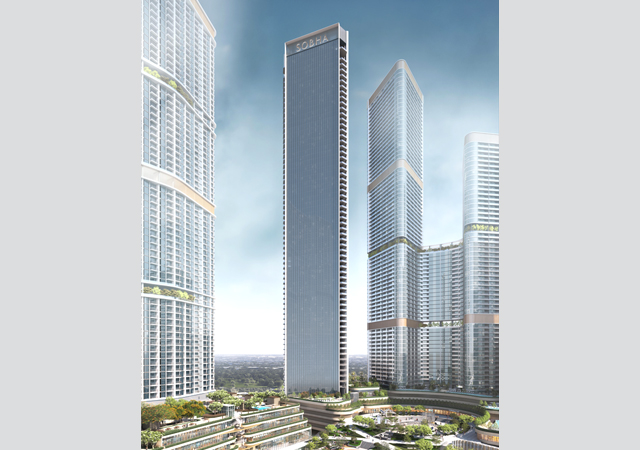
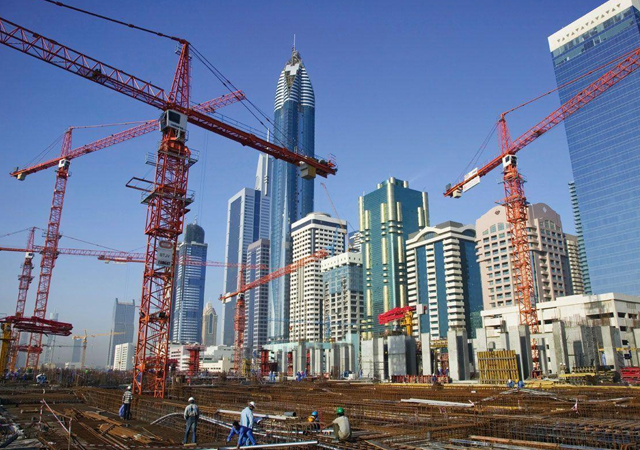
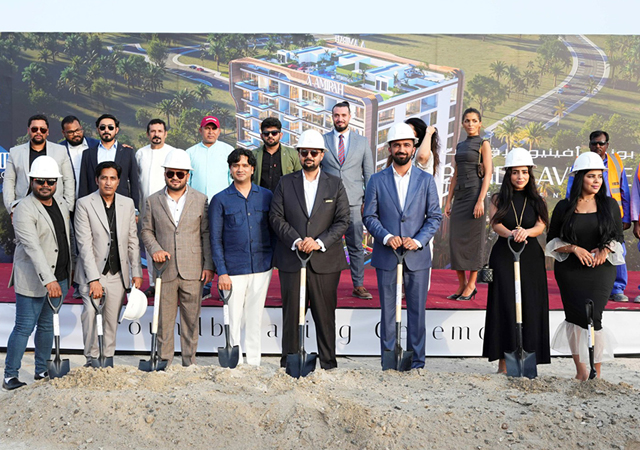
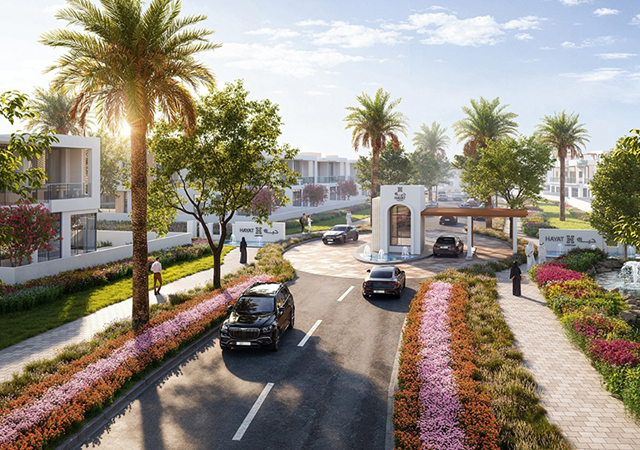
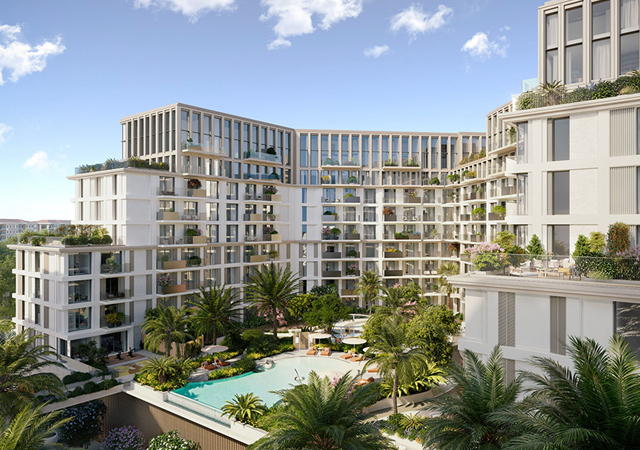
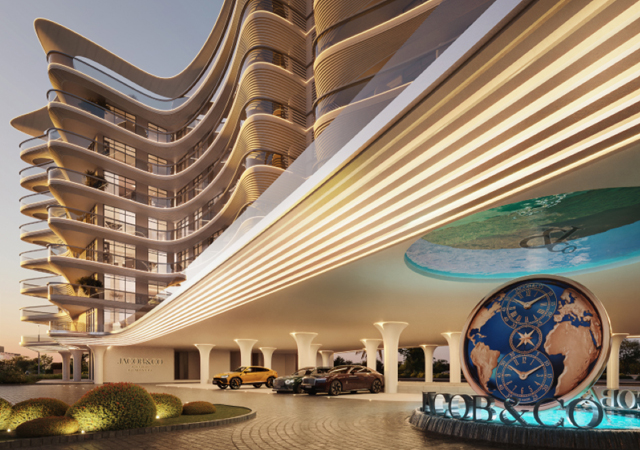
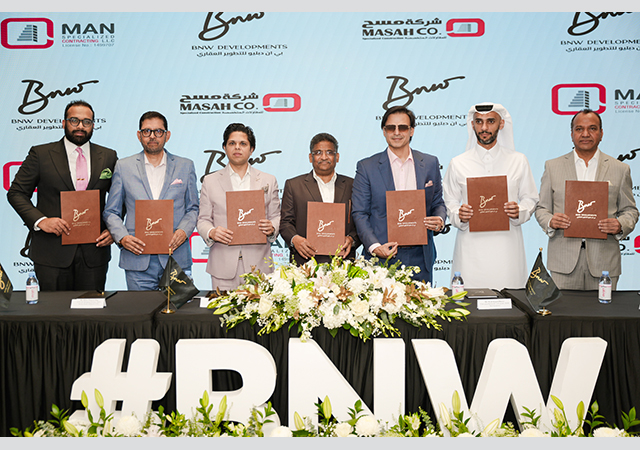
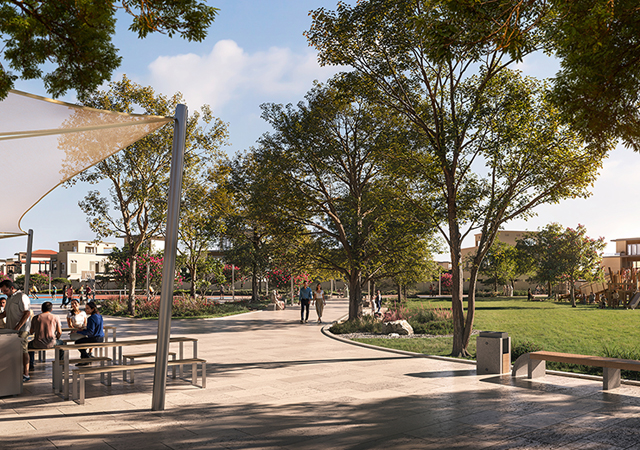
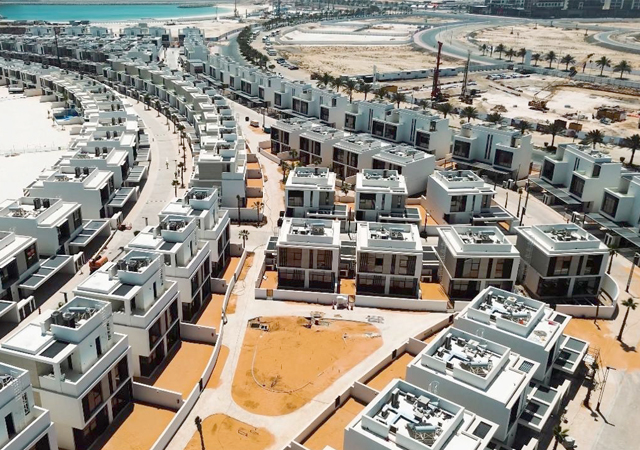
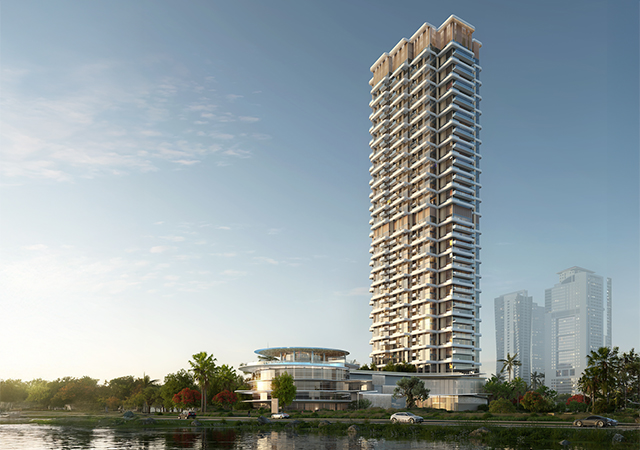
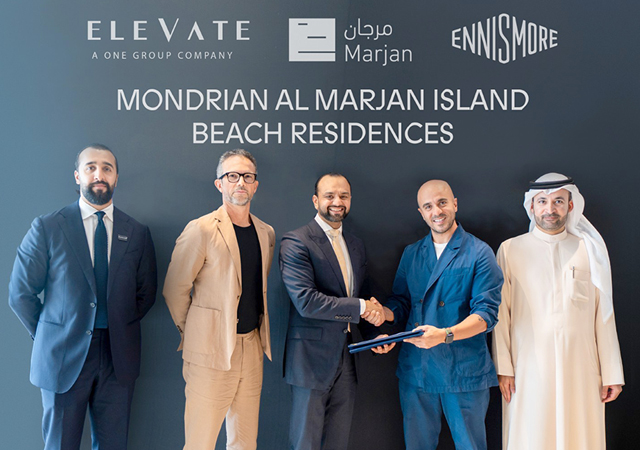
.jpg)
.jpg)
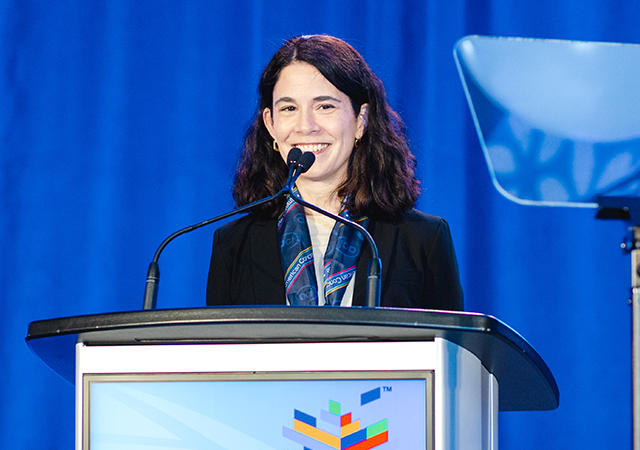
.jpg)
